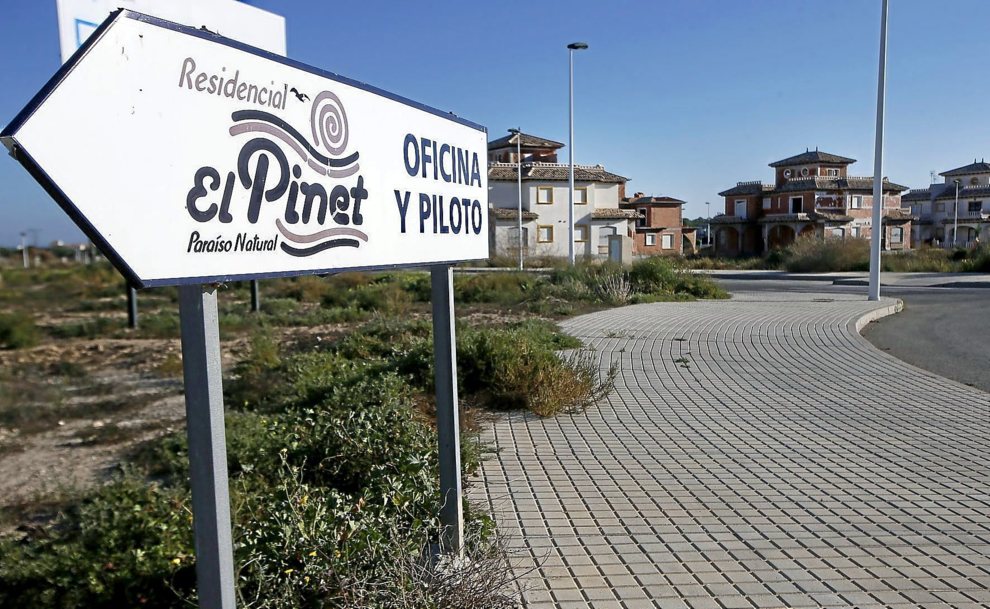
Around 200 property owners in Spain who opted for a lifetime mortgage through Manchester Building Society, now under the umbrella of Newcastle Building Society, are facing a challenging situation.
Unfortunately, MBS ran out of cash to pay property owners. All agreed-upon instalments were halted due to a prohibition by its regulator (PRA) to grant further loans in Spain and elsewhere. This left borrowers “high and dry”, still with a Manchester Building Society mortgage registered against their property, and thus, unable to sell it.
In such situation, there is however a way out to free the property from this mortgage for good, and that solution is already available through Lawbird Legal Services. Last year, a Velez Malaga Court fully accepted executive proceedings brought by Lawbird against Manchester Building Society, on behalf of a British client, demanding full payment of the agreed loan of 300k Euro (with interest). This is in addition to the over 50 rulings won in many other courts against different equity release providers around Spain.
Now, more claims are being filed through the Courts to terminate the mortgage loans due to contractual default by Manchester Building Society, on the following grounds:
- Manchester Building Society has stopped making any further agreed payments.
- Manchester Building Society has not given a solution to the property owners.
- Manchester Building Society has not reviewed the existing mortgage loan proposal to adjust it to their inability to continue offering the promised cash.
- Manchester Building Society will not address the current situation of owners that are unable to sell, offer a compromise or terminate the mortgage loan.
If you have a property in Spain and have a Manchester Building Society Spanish Lifetime Mortgage, you need to act now and take advantage of the existing favourable rulings to achieve the following:
- Nullify the MBS mortgage loan.
- Retain the sums received so far as compensation.
- Remove the encumbrance from the property.
Get in touch with us for a free online or office meeting with a one of the specialist lawyers.

 More than 1,000 buyers from the UK and Ireland lost £45m after Birmingham- based Ocean View Properties (OVP) was formally dissolved in 2009. OVP was the exclusive agent for the Manilva Gardens luxury holiday complex in Estepona on the Costa del Sol. It was behind successful overseas property enterprises, but ran into difficulties as UK agent for Spanish developer Ricardo Miranda Miret. A claim for fraud and misappropriation of funds was lodged in February 2011 in a bid to recover deposits paid by investors to OVP. It has more than 50 Northern Irish investors among 120 claimants for £9.2m. A second class action complaint for £2m, brought by 30 British and Irish investors, was filed in 2013. Many Northern Irish investors remortgaged homes to finance their dream luxury buys. One local investor was Armagh ex-teacher Ollie Reel, who now works for a firm helping investors to recover their lost money. Mr Reel and his three brothers sank thousands of pounds into the deal, but have managed to get some of it back.
More than 1,000 buyers from the UK and Ireland lost £45m after Birmingham- based Ocean View Properties (OVP) was formally dissolved in 2009. OVP was the exclusive agent for the Manilva Gardens luxury holiday complex in Estepona on the Costa del Sol. It was behind successful overseas property enterprises, but ran into difficulties as UK agent for Spanish developer Ricardo Miranda Miret. A claim for fraud and misappropriation of funds was lodged in February 2011 in a bid to recover deposits paid by investors to OVP. It has more than 50 Northern Irish investors among 120 claimants for £9.2m. A second class action complaint for £2m, brought by 30 British and Irish investors, was filed in 2013. Many Northern Irish investors remortgaged homes to finance their dream luxury buys. One local investor was Armagh ex-teacher Ollie Reel, who now works for a firm helping investors to recover their lost money. Mr Reel and his three brothers sank thousands of pounds into the deal, but have managed to get some of it back.

